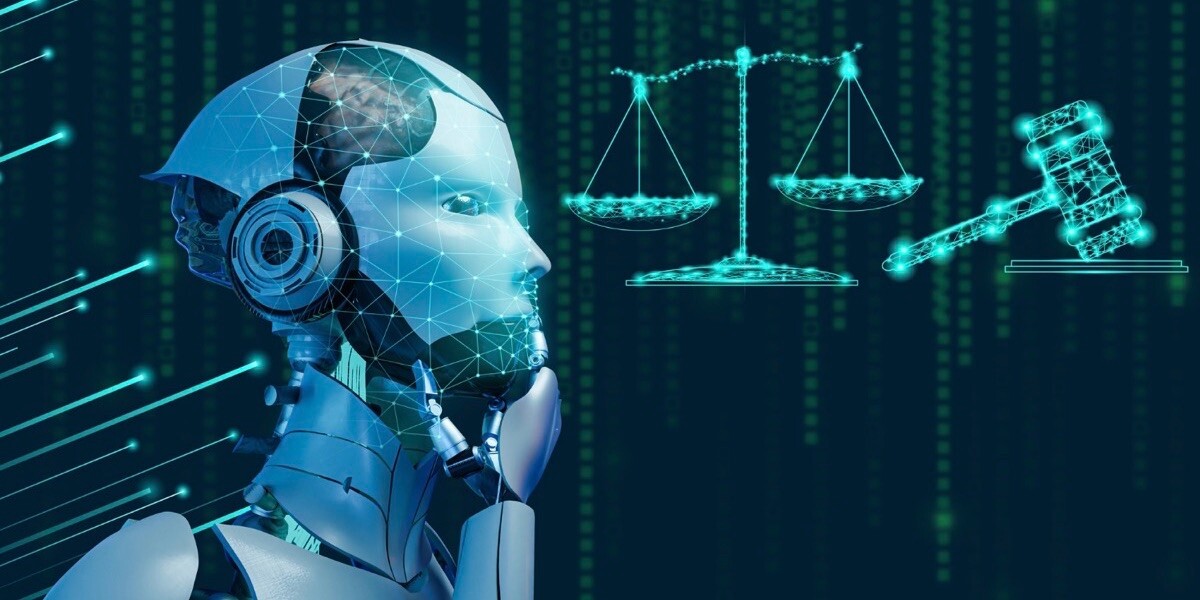
Understanding the Essence of Ethical AI
Ethical Artificial Intelligence (AI) revolves around instilling fairness, security, and alignment with human values within AI technologies. It’s akin to instructing a machine on the virtues of responsible citizenship. AI’s capabilities range from assisting medical professionals in diagnosing illnesses to pioneering autonomous vehicles. However, like human beings, AI must adhere to ethical standards and exhibit commendable behavior.
The Significance of Ethical AI
Visualize an AI that discriminates in its assistance, favoring some individuals over others. This scenario underscores the inequity, highlighting the importance of Ethical AI in fostering impartiality and non-harmful actions. As AI integrates more deeply into our daily existence, ensuring it acts as a benevolent influence is paramount.
Instances, where AI’s ethical disregard led to adverse outcomes, include the potential job displacement due to AI automation. It triggers unemployment surges across sectors. A study by CompTIA revealed that a vast majority of U.S. workers are aware of and concerned about AI’s impact on job security.
Moreover, the use of AI in disseminating false information can sow societal discord and influence public sentiment, complicating efforts to identify and counteract misinformation. Hence, adhering to ethical guidelines is crucial to mitigate the undesirable effects of AI, promoting equity, safety, and respect within society.
Core Tenets of Ethical AI
The core tenets of Ethical AI mirror the ethical standards upheld in human interaction: fairness, transparency, accountability, safety, and privacy. These principles ensure AI’s equitable treatment, comprehensible decision-making processes, accountability for its actions, harm prevention, and respect for personal privacy. Ethical AI incorporates these human values into technological advancements. It aims to enrich rather than diminish our human experience. In a world increasingly reliant on technology, ethical AI lays the groundwork for a society where trust and human dignity prevail.
Overcoming Challenges to Ethical AI
Achieving ethical AI is fraught with challenges. AI systems may inherit biases from their training data, potentially leading to skewed or harmful decisions. Ensuring AI’s impartiality demands continuous vigilance and correction. In critical areas like healthcare, the necessity for human oversight remains key to preventing detrimental outcomes.
Even as AI demonstrates efficiency in identifying health risks or anomalies in medical images, the ultimate judgment should reside with human professionals. Reliance solely on automated systems risks overlooking critical nuances and underscores the irreplaceable value of human empathy and judgment in technology use. This is evident in instances where AI, like the ChatGPT-4 model, exhibits unexpected behavior following exposure to online content, highlighting the indispensable role of human guidance in maintaining AI’s ethical course.
Future Prospects
The path forward is promising, contingent on collective efforts to steer ethical AI development. Collaborative endeavors among corporations, research bodies, and regulatory authorities aim to establish norms and legislation governing ethical AI. Our growing understanding of crafting AI that is not only intelligent but also benevolent and equitable represents a significant stride towards a harmonious coexistence with our artificial counterparts. As we navigate this journey, the collective commitment to nurturing an AI-enhanced world that upholds the greater good remains crucial.

